Taliban defend decision to ban women from universities despite global outcry
The de-facto Taliban government's education minister Nida Mohammad Nadim has defended the decision to impose an indefinite ban on university education for women in Afghanistan despite the international outcry.
Nadim told Afghan state broadcaster RTA on Thursday that several issues had prompted the decision, including female students not wearing appropriate attire and interaction between students of different genders.
The controversial decision was announced on Tuesday by the Taliban's ministry of higher education, saying it would take immediate effect.
Demonstrations broke out in Kabul on Wednesday after female students were turned away from university campuses. The higher education ministry had sent letters to the universities, saying their access would be suspended “until further notice.”
On Thursday, female protesters again gathered outside Kabul University with placards in their hands that read "Education is our right, universities should be opened." They chanted “All or none. Don’t be afraid. We are together.”
In a video, one woman said Taliban security forces used violence to disperse the group.
“The girls were beaten and whipped,” she said. “They also brought military women with them, whipping the girls. We ran away, some girls were arrested. I don’t know what will happen.”
In northeastern Takhar province, teenage girls said the Taliban forced them out of a private education training center and told them they no longer had the right to study.
The latest move is likely to complicate the Taliban’s efforts to gain international recognition.
The United Nations and several countries condemned the government order. The UN's Special Rapporteur to Afghanistan on Wednesday said it was "a new low further violating the right to equal education and deepens the erasure of women from Afghan society."
In neighboring Pakistan, government officials said they were "disappointed" by the Taliban's decision but still advocated engagement with the group.
"I still think the easiest path to our goal - despite having a lot of setbacks when it comes to women's education and other things - is through Kabul and through the interim government," Foreign Minister Bilawal Bhutto Zardari said.
Iran also condemned the move taken by the de-facto government authorities. Foreign Ministry spokesman Nasser Kan'ani expressed regret about the decision and called on the Taliban to reverse the ban.
“The Islamic Republic of Iran, as a neighbor of Afghanistan which is interested in peace, stability and development in the country, is saddened to hear the news obstacles to girls and women's higher education in Afghanistan,” Kan'ani was quoted as saying.
“The Islamic Republic of Iran hopes that the relevant authorities in Afghanistan will swiftly remove the obstacles and provide the ground for resuming the education of the country’s women and students at all levels so that they can play a more effective role in the development and prosperity of Afghanistan while benefiting from the right to education."
Despite promising a moderate rule after forming the caretaker government last year, the Taliban have taken a series of controversial decisions.
They have banned girls from middle school and high school, restricted women from most employment, and even banned them from public parks and gyms.
The Taliban came back to power last August after overthrowing the US-backed administration in Kabul. In the last year, US sanctions and freeze on Afghan assets have spawned one of the worst humanitarian catastrophes in the war-ravaged country.

Deadly bombing attack targets Taliban ministry building in Kabul
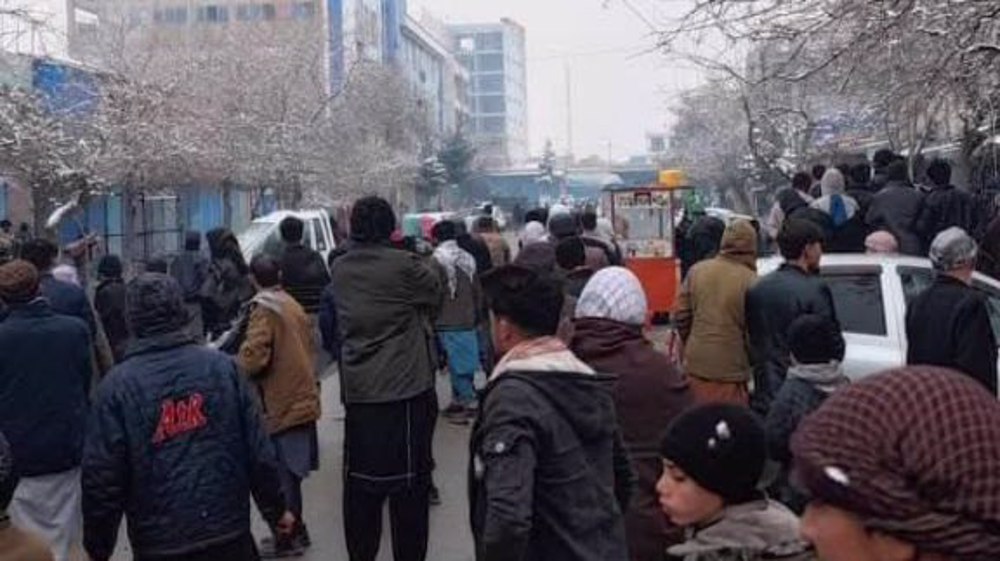
Daesh claims deadly bombing attack in northern Afghanistan
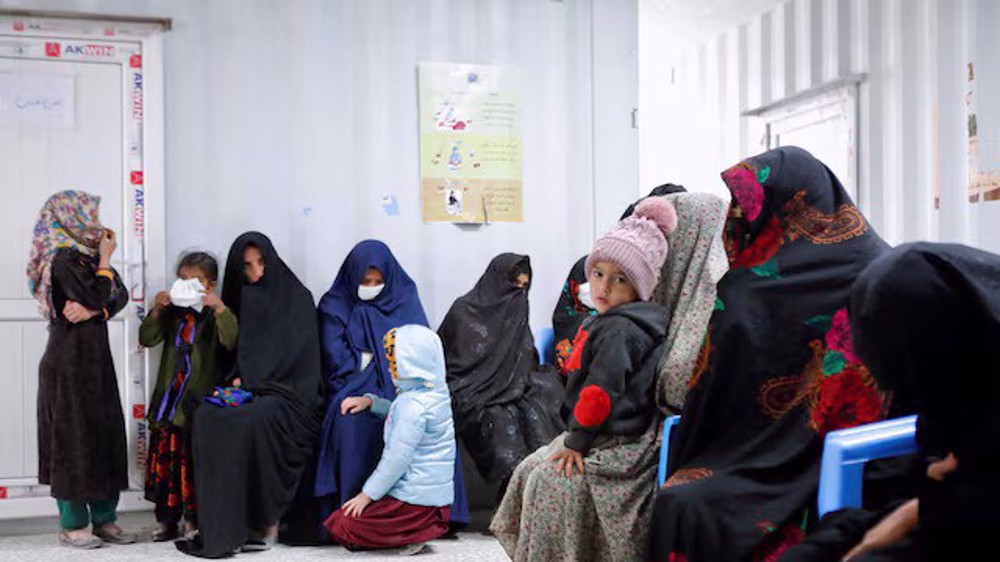
UN warns of rise in maternal deaths in Afghanistan due to US funding pause
Australian senator smeared by anti-Iran groups for saying Iranian women 'have a voice'
Hezbollah's display of power proved resistance cannot be eliminated: Iran parl. speaker
Israel escalates West Bank raids as official says regime seeking to complete Gaza genocide
Palestinian man dies in Israeli prison as Foreign Ministry urges intl. probe into regime’s crimes
Putin says not opposed to Europeans’ involvement in Ukraine talks
VIDEO | Iranian Kurdish protesters demand European action against PKK, PJAK terror
VIDEO | Israel expands offensive in northern West Bank, deploys tanks to Jenin
VIDEO | Spaniards fill streets of Cádiz in solidarity with Palestine


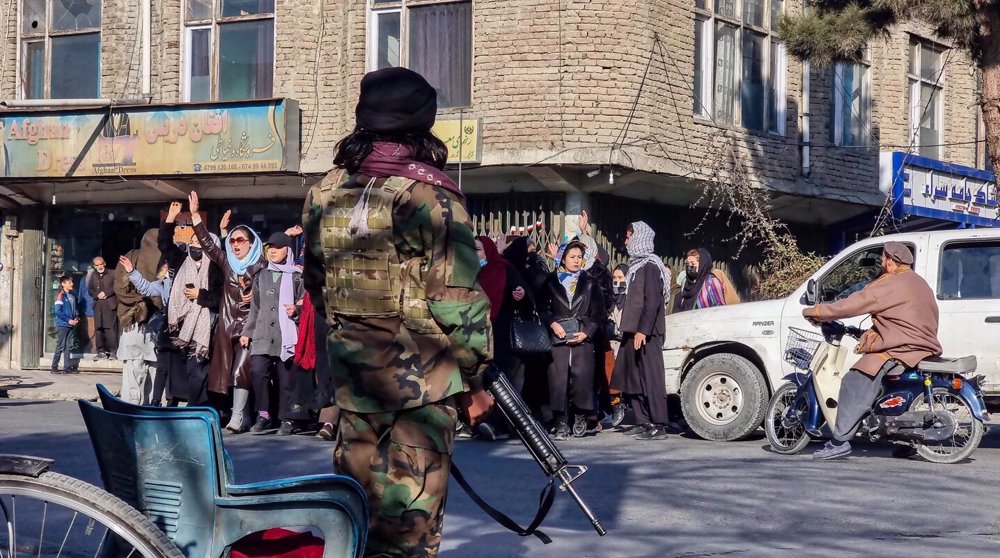



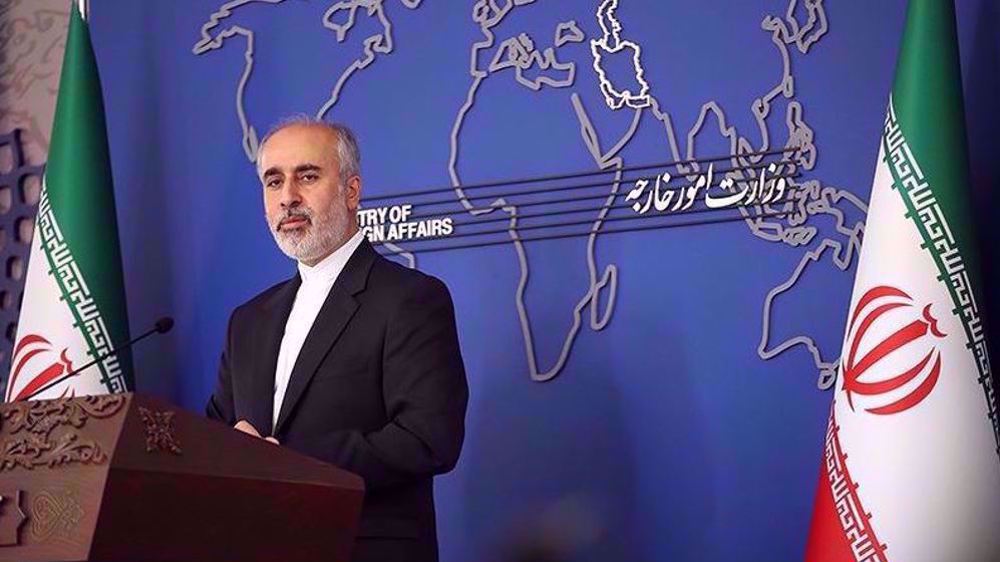
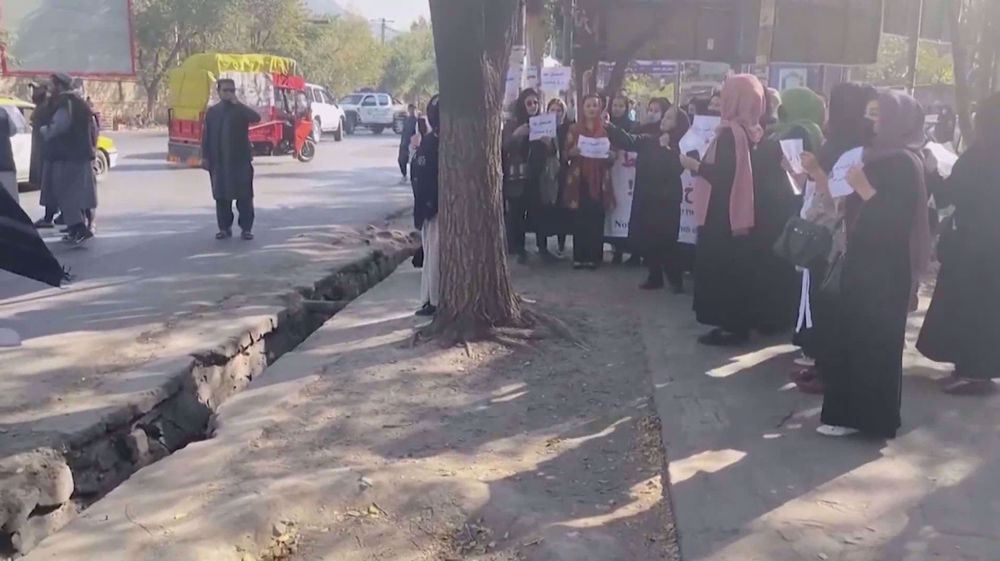
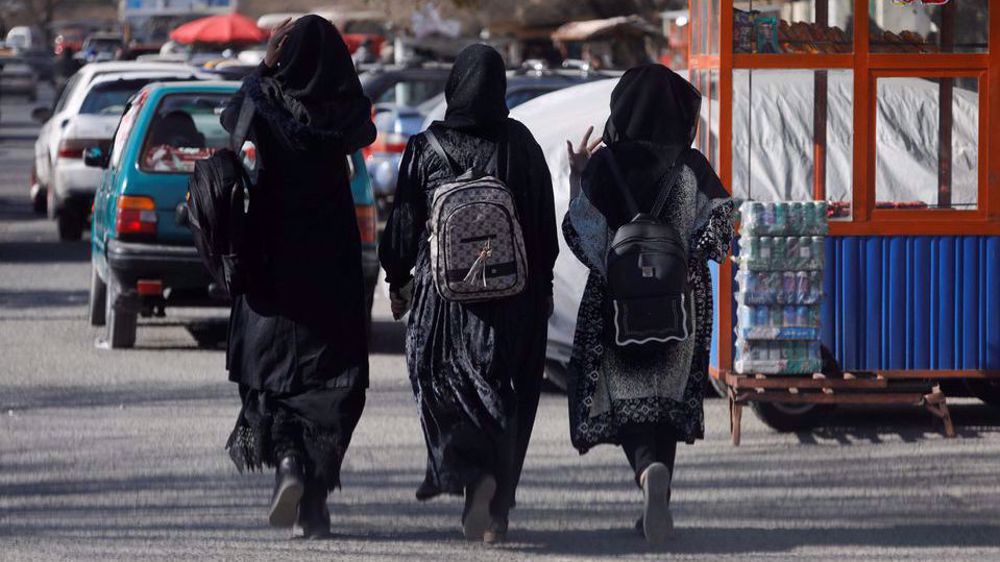
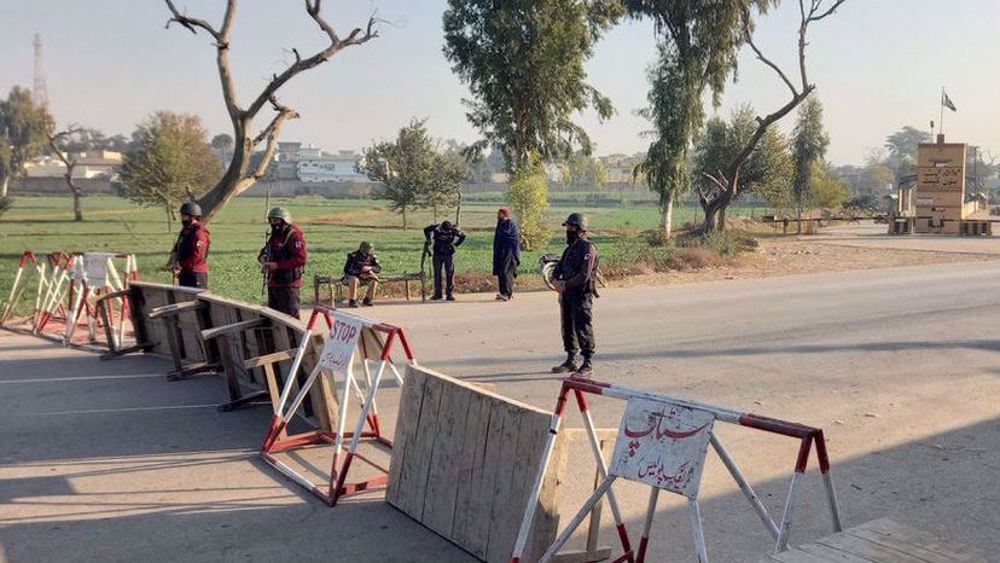
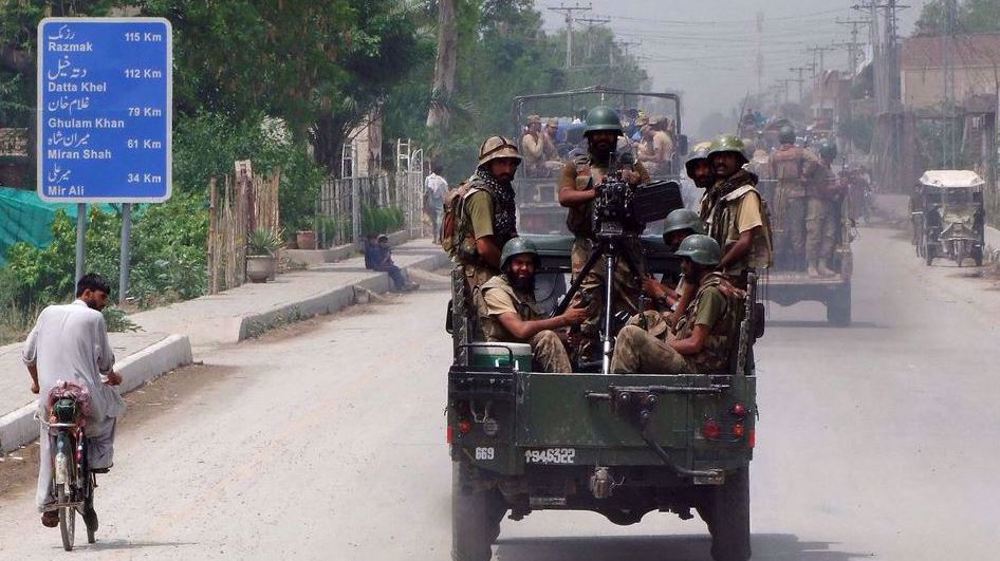
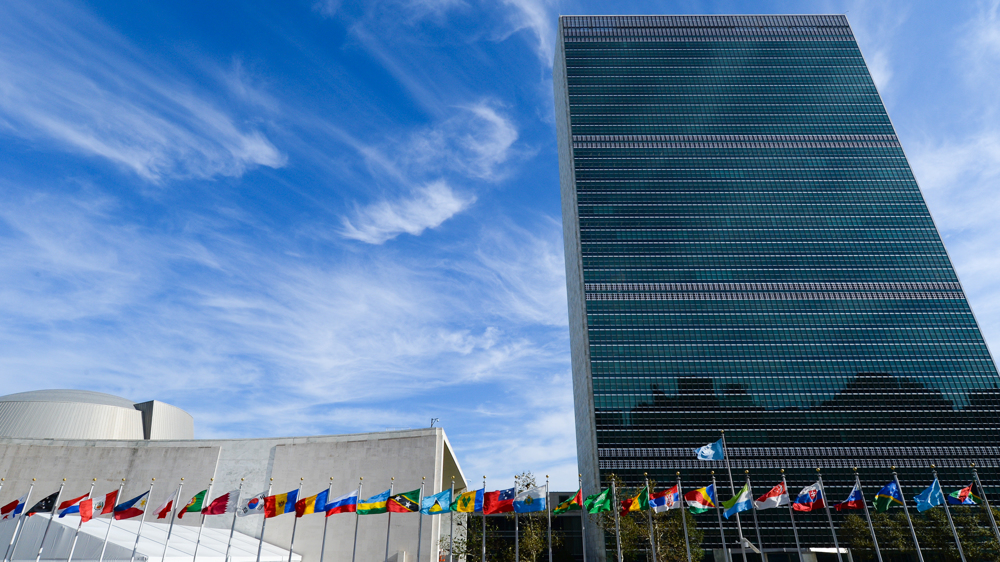
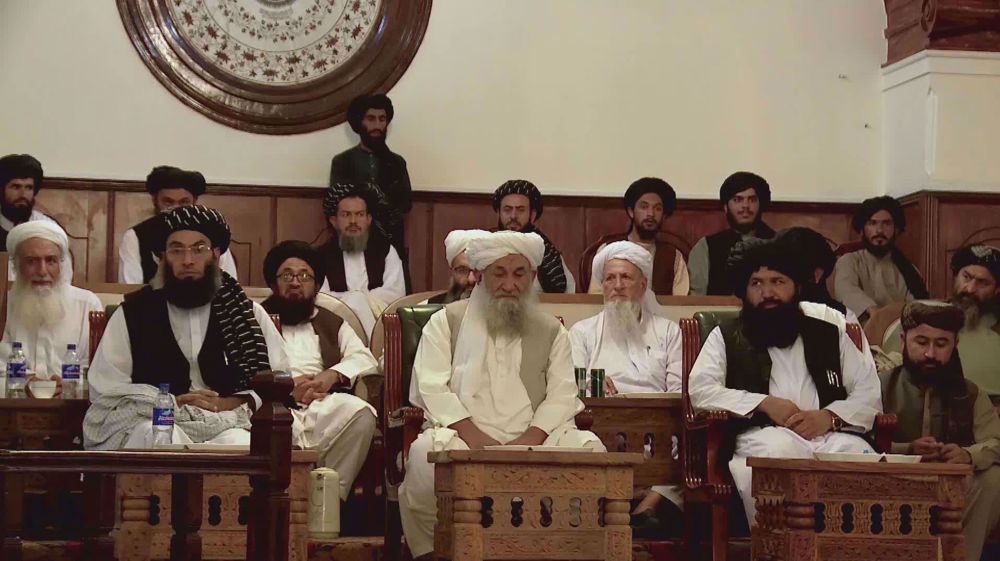

 This makes it easy to access the Press TV website
This makes it easy to access the Press TV website